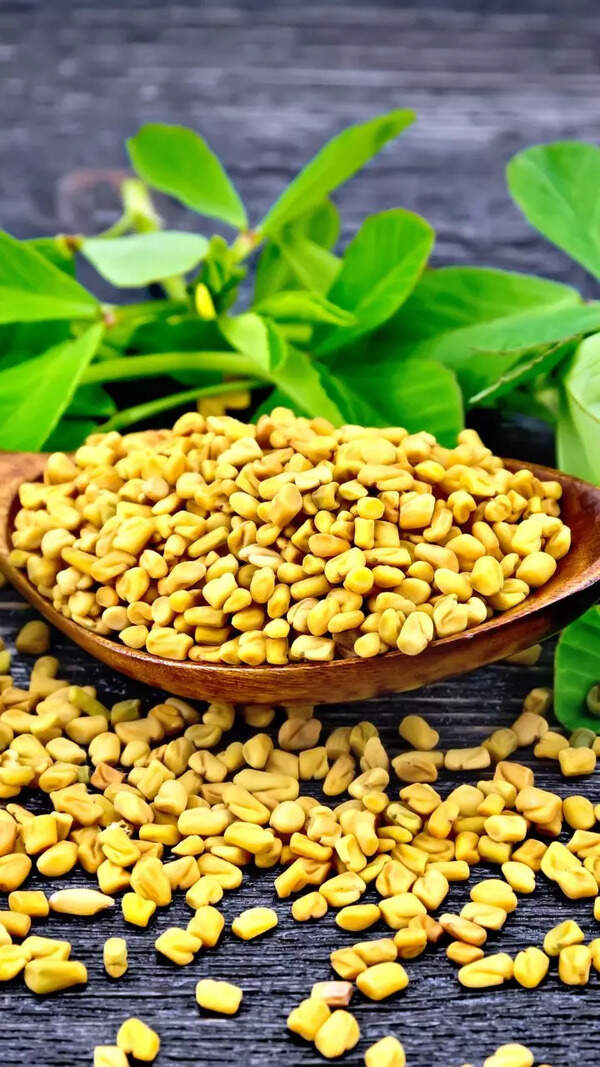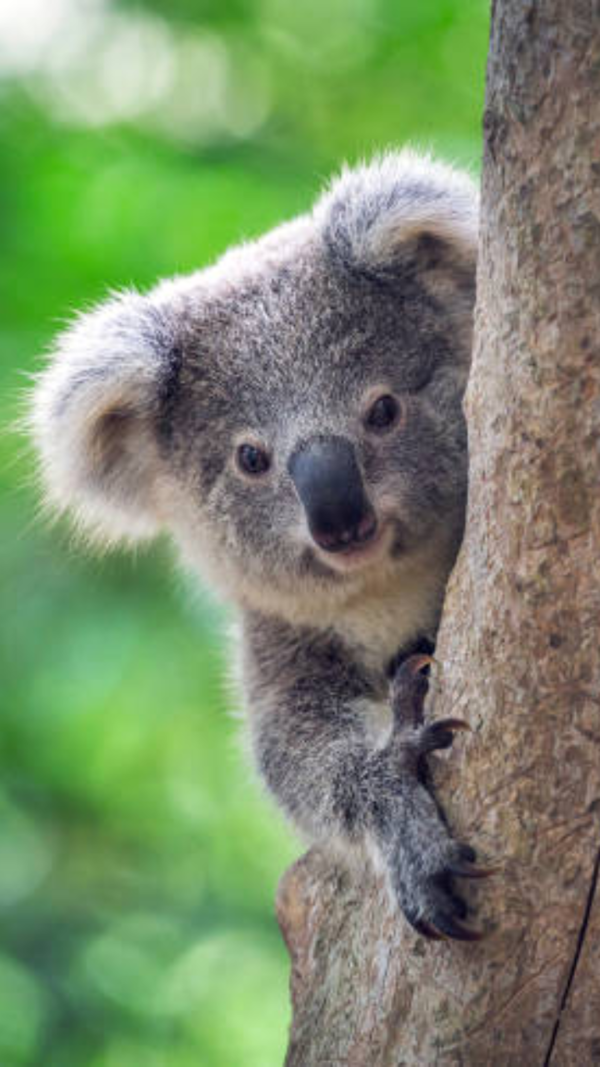- News
- City News
- Guwahati News
- guwahati News
- State zoo on guard after bird flu scare in UP
Trending
State zoo on guard after bird flu scare in UP
Guwahati: Animals and birds at the Assam State Zoo and Botanical Garden are safe as of now as far as bird flu (H5N1) is concerned, said the zoo authorities on Thursday, a day after the Central Zoo Authority ordered the closure of all zoos in Uttar Pradesh until May 20, following the confirmed death of a tigress due to bird flu in Gorakhpur Zoo.Meanwhile, the state zoo authorities have asserted that stringent measures are in place, including keeping rescued birds in quarantine, monitoring them for prescribed periods, maintaining proper hygiene, and administering timely vaccinations. A senior official of the zoo added that the state zoo has not yet received any communication or alert from the Central Zoo Authority, even though it ordered the closure of zoos in Uttar Pradesh.An official, on condition of anonymity, said meticulous maintenance of hygiene in animal enclosures, comprehensive veterinary care, dedicated attention from animal keepers, and nutritionist-approved dietary regimens are adhered to very strictly, which reduces any possibility of bird flu infection in the zoo. The Head Animal Keeper, Rajanikanta Deka, who has served in the zoo since 1997, said veterinarians assess the animals' health twice daily, providing enhanced care to those who are unwell or require additional attention.
End of Article
Follow Us On Social Media










